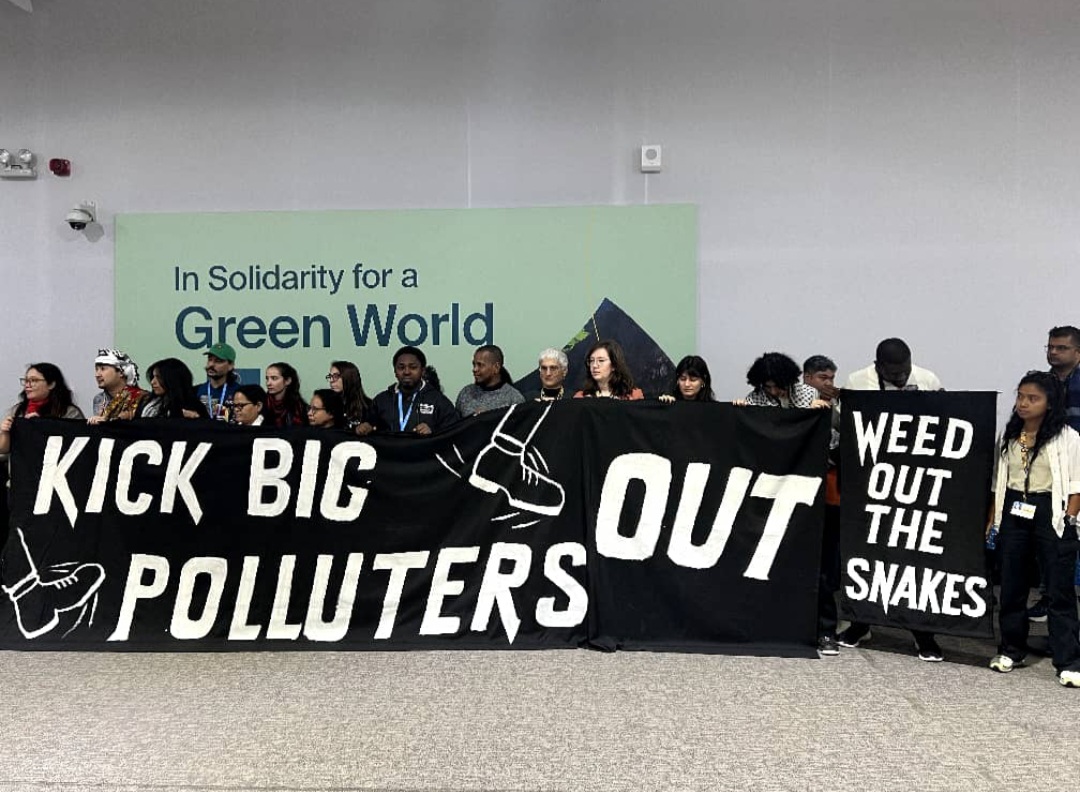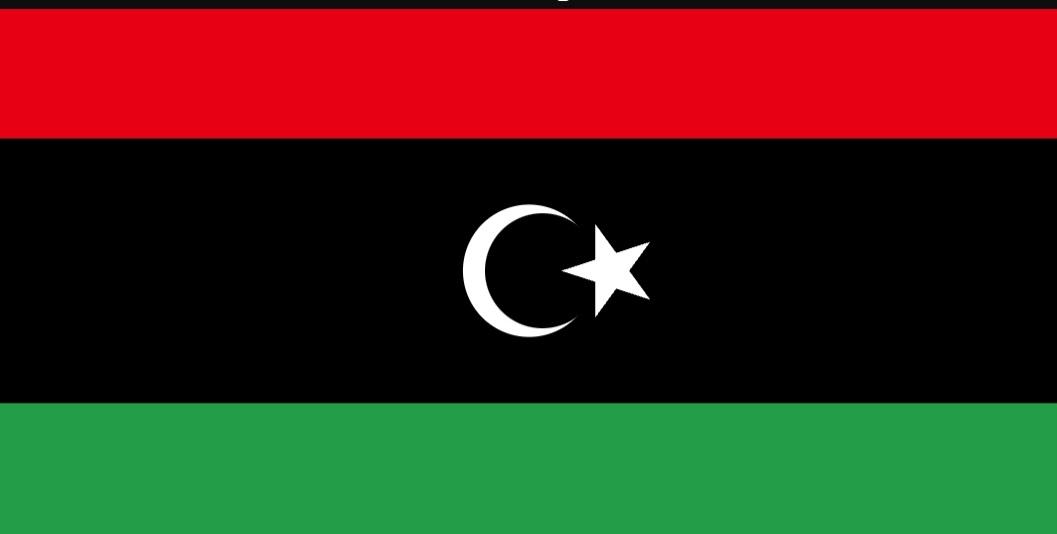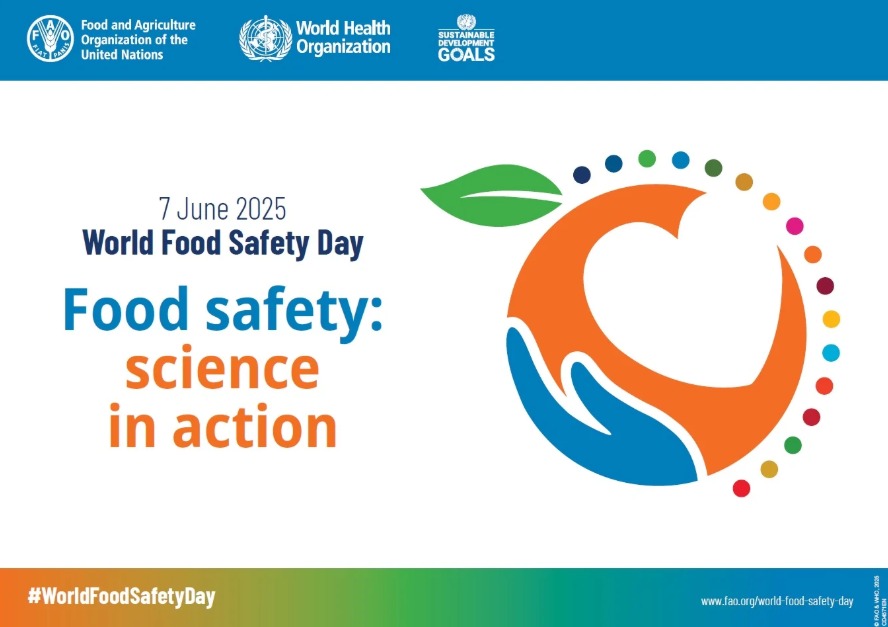
The Africa Make Big Polluters Pay (MBPP) Coalition comprising Nigerian and other African groups have condemned the presence of no fewer than 1773 fossil fuel lobbyists at the ongoing COP29 summit in Baku.
The group warns that it is a barrier to climate justice for communities most affected by the climate crisis caused by the Global North and corporate interests.
Africa MBPP’s reaction follows an analysis released on Friday, by the Kick Big Polluters Out (KBPO) coalition showing that significantly more fossil lobbyists, including oil giants operating across Africa, have been granted access to COP29 than almost every country’s delegation.
Africa MBPP comprises foremost environmental rights groups on the continent including Nigeria-based Corporate Accountability and Public Participation (CAPPA), Kebetkache Women Development & Resource Centre, Tell That Story, and Gender CC OF South Africa.
Reactions
“The presence of 1,773 fossil fuel lobbyists at COP29 is a stark reminder that the voices of those most affected by the climate crisis are being drowned out by corporate interests. This space should be filled with grassroots leaders who are fighting for their communities, not representatives of the very industries that are fuelling the crisis,” said Akinbode Oluwafemi, Executive Director, Corporate Accountability and Public Participation (CAPPA).
 Similarly, Nnimmo Bassey, Executive Director, Health of Mother Earth Foundation, condemned the development. Bassey said: “The most significant disappointment at COP29 is not merely the presence of about 1,773 lobbyists who contribute to the climate crisis, but rather the fact that they are permitted access by a system that is meant to uphold climate justice. Each year that passes without the UNFCCC implementing a robust conflict of interest policy to exclude those exacerbating the climate crisis serves as an implicit invitation for those who have set our climate ablaze to come and feign solutions. It is time to take a stand—enough is enough. We must expel Big Polluters from these discussions and make them pay for their actions!”
Similarly, Nnimmo Bassey, Executive Director, Health of Mother Earth Foundation, condemned the development. Bassey said: “The most significant disappointment at COP29 is not merely the presence of about 1,773 lobbyists who contribute to the climate crisis, but rather the fact that they are permitted access by a system that is meant to uphold climate justice. Each year that passes without the UNFCCC implementing a robust conflict of interest policy to exclude those exacerbating the climate crisis serves as an implicit invitation for those who have set our climate ablaze to come and feign solutions. It is time to take a stand—enough is enough. We must expel Big Polluters from these discussions and make them pay for their actions!”
For Climate Campaign Director, Corporate Accountability, Neima Hellen, “Every lobbyist here represents a barrier to meaningful climate action. Instead of facilitating real change, they are here to protect their profits. It’s time to hold these corporations accountable and ensure that the voices of grassroots activists are front and centre in these negotiations,”
Registered fossil fuel lobbyists
According to the analysis, the 1773 fossil fuel lobbyists registered in Baku are only outnumbered by delegations sent by host Azerbaijan (2229), COP30 host Brazil (1914), and Türkiye (1862).
KBPO also noted that the lobbyists have received more passes to COP29 than all the delegates from the 10 most climate-vulnerable nations combined (1033), underscoring how industry presence is dwarfing that of those on the frontlines of the climate crisis.
A vast number of fossil fuel lobbyists were granted access to the COP as part of a trade association. Eight of the top 10 trade groups with the most lobbyists came from the Global North. The largest was the International Emissions Trading Association, who brought 43 people, including representatives from Big Polluters TotalEnergies and Glencore.
Japan brought coal giant Sumitomo as part of its delegation; Canada brought oil producers Suncor and Tourmaline; the United Kingdom brought 20 lobbyists; and Italy brought employees of energy giants Eni and Enel. Chevron, ExxonMobil, BP, Shell and Eni, which brought a combined total of 39 lobbyists, are also linked to enabling genocide in Palestine by “fuelling Israel’s war machine.”
The KBPO findings come at the end of a year in which global temperatures and greenhouse gas emissions shattered records, and amidst evidence of fossil fuel complicity in genocide in Palestine via the supply of oil and gas to Israel.
They also come amidst revelations that many of the world’s largest fossil fuel corporations have approved US$250 billion in oil and gas expenditure since COP28.
Industry presence in Baku stands in stark contrast to the stated aims of COP29, where ending fossil fuels, false solutions, and climate finance are all hot topics.
It further substantiates the growing call from Global South countries, public officials, UN constituencies, and wider civil society to eject polluters from talks.
Corporate access and lobbying at UN climate talks isn’t limited to the fossil fuel industry. Other polluting industries deeply implicated in the climate crisis such as finance, agribusiness, and transportation are also present, although they are not included in this analysis.
KBPO counts only organisations or delegations as fossil fuel lobbyists if they can be reasonably assumed to have the objective of influencing the formulation or implementation of policy or legislation in the interests of a fossil fuel corporation and its shareholders.
The number of fossil fuel representatives at UN climate talks has been consistently high, with the industry present since their inception. These findings build on calls in recent years to protect the UN’s climate negotiations by establishing clear conflict of interest policies and accountability measures, with countries collectively representing almost 70% of the world’s population having requested these conflicts of interest be addressed.

Thanks to sustained pressure from civil society, COP28 was the first time COP attendees were required to disclose who they represent, revealing many lobbyists who would likely have attended previous COPs incognito.
Last year, KBPO’s analysis showed that an historic high of more than 2,450 fossil fuel lobbyists were granted access to the COP28 climate talks in Dubai, up from 636 the year before that in Egypt. Despite the overall number of participants this year 52,305 being significantly less than the 97,372 last year in Dubai, the fossil fuel industry still appears to have descended on Baku in extraordinary numbers.
The Kick Big Polluters Out campaign is calling on the UN climate body and governments to continue on the road towards a robust Accountability Framework to address the problem at its root, to prioritize the millions of lives on the line by the climate crisis and lack of action to address it as with the tobacco industry at the World Health Organisation tobacco treaty talks.




